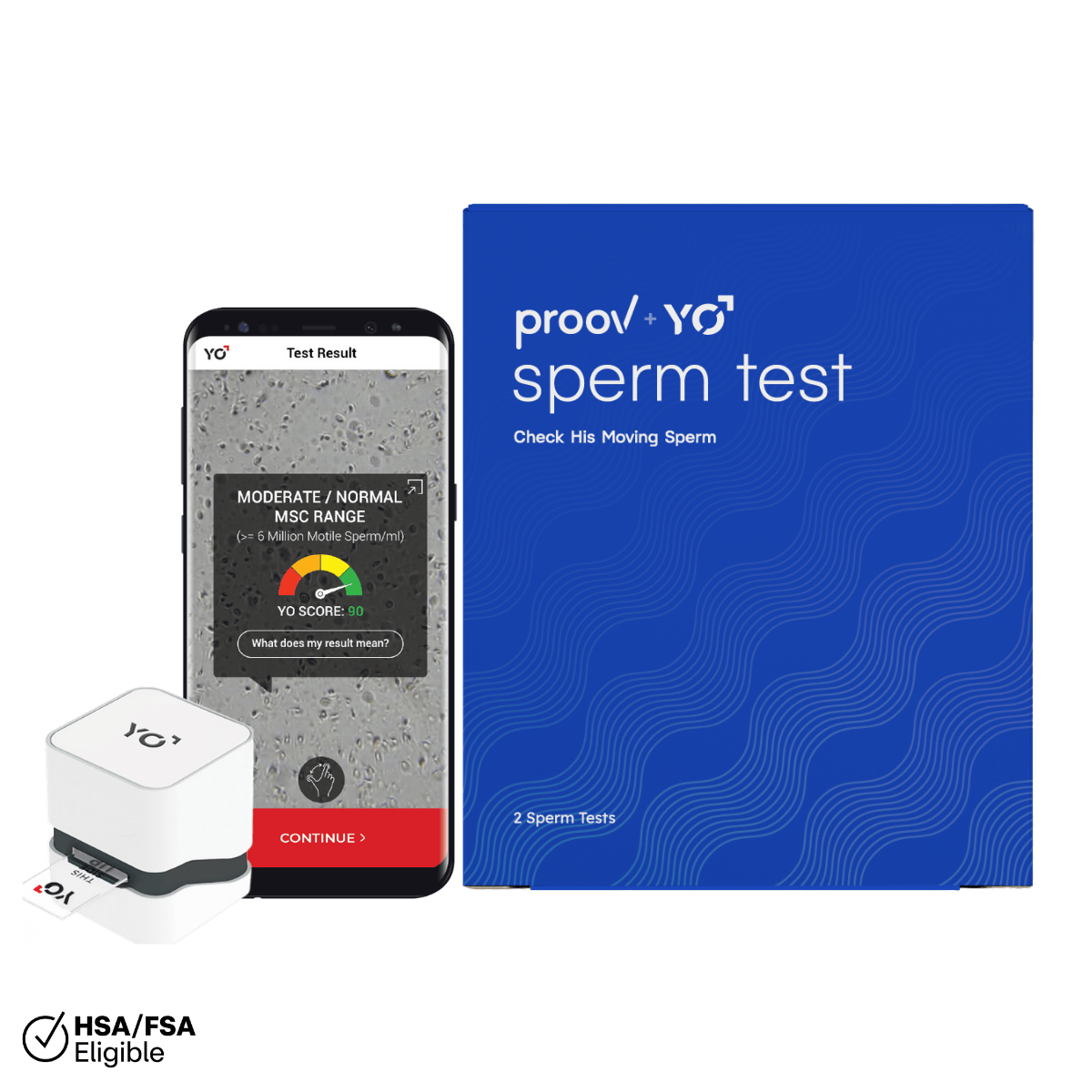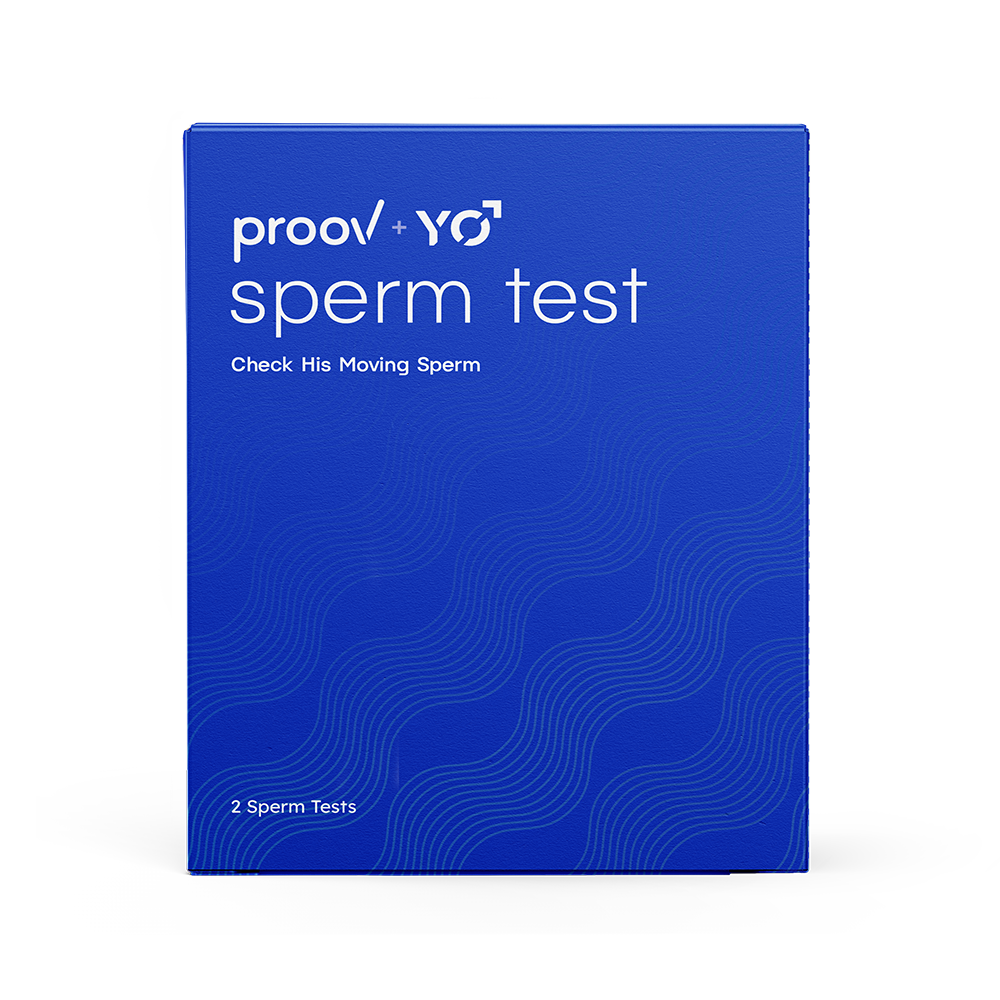Have you ever experienced this scenario: you feel “stopped up,” bloated, and constipated in the final days of your cycle before BAM your period starts and so does the need to run to the bathroom! Is there a connection between bowel habits and menstruation? What’s causing these period poops?! We’re here to explain this phenomenon and help you manage the symptoms, whether they’re mild or severe.
If you experience sudden constipation or diarrhea before or during your period, you’re not alone!
Why do I get constipated before my period?
Each menstrual cycle involves a delicate balance of reproductive hormones. Two of those primary hormones are estrogen and progesterone. Progesterone is the dominant hormone in the days leading up to your period, and high levels of it can cause constipation in some women.
Progesterone is known for reducing anxiety and improving rest, but these aren’t the only things it slows down! As progesterone naturally increases after ovulation, it may have an effect on the digestive system and slow the process of bowel elimination.
This is very different from the first days of your period when progesterone decreases and you may find yourself with a more frequent, urgent need to use the bathroom!

What causes diarrhea during my period?
When it’s time for a period to begin, the lining of the uterus produces prostaglandins, which are chemicals that cause smooth muscle contractions. You need these to help the uterine lining shed in order to make way for another cycle, but too many prostaglandins will make their way into other areas of the body, like the digestive tract.
For women with endometriosis, the issue may be even more exaggerated. Research suggests that those experiencing endometriosis are more likely to have severe gastrointestinal symptoms. These symptoms could include abdominal pain, constipation, bloating, gas, or diarrhea. Not only are they frustrating, but they may actually interfere with daily life and activities.
Oral contraceptives haven’t been effective at reducing symptoms, potentially because they do not treat or reduce the presence of endometriosis. So what can be done to improve period poops?
Let’s take a look at some of the best ways to address gastrointestinal issues caused by menstruation.
How can I prevent pre-period constipation?

While the hormonal changes that occur ahead of menstruation have some benefits (remember, we like the anxiety reducing and sleep improving benefits of progesterone), they also cause constipation and bloating. Thankfully, there are easy things that can be done to reduce constipation!
One suggestion is to include more fiber in your diet ahead of the next period. Sources of insoluble fiber, like whole bran, apples, carrots, rice, seeds, and nuts, can help to keep the digestive system moving.
Another suggestion to improve constipation is to increase your fluid intake. Getting enough water is beneficial for your digestive system and your overall health. When determining how many ounces of water you should drink each day, take your weight in pounds and divide it by two. For instance, someone who is 140 lbs would get these results: 140/2= 70oz.
If increased fiber and water intake don’t make enough of a difference, consider taking a mild laxative or stool softener to help things along.
How can I prevent diarrhea during my cycle?
If prostaglandins really are the cause behind period poops, then addressing these may go a long way in reducing these unpleasant symptoms. Basic Ibuprofen reduces prostaglandins, which not only cause diarrhea, but period cramps. So taking some Ibuprofen may actually reduce the pain you experience during your period, as well!
Lifestyle choices may improve your symptoms, too. While fiber can improve constipation, processed foods and those high in sugar can actually increase gastrointestinal issues. Try skipping sugary or fried foods in the days leading up to your period and see if it improves your period poops.
If you’ve noticed symptoms of stomach upset in the days leading up to or during your period, you are not alone. “Period poops,” as they’re sometimes called, are real for many women! While they are caused by hormonal changes that happen around the period, there are things that can be done to improve the symptoms. If your stomach upset is severe or symptom management doesn’t help, consider speaking with your doctor about available options.












